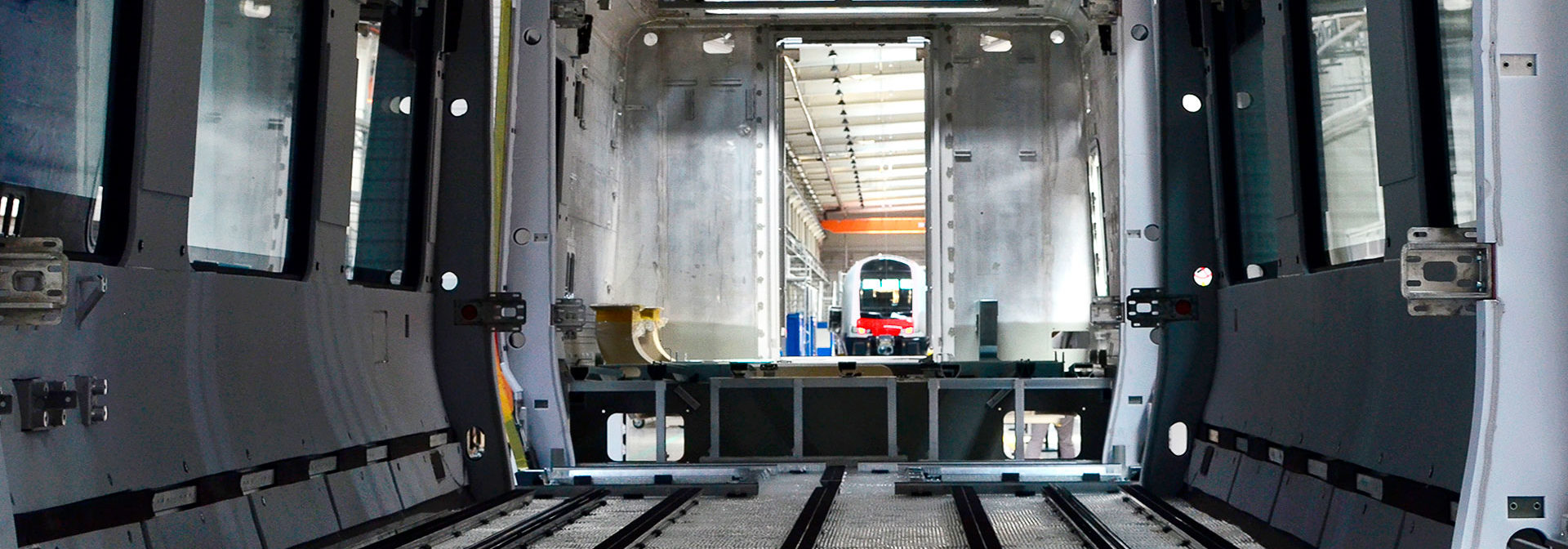
Why do we need RAM and LCC? And what do they mean?
Today, public transport systems are becoming increasingly complex and railway and transit operators are looking for solutions that ensure their entire ecosystem functions as intended. RAM and LCC are the key concepts behind meeting the high operational requirements throughout the entire system life cycle, and they have significant potential to improve the competitiveness of the public transport sector against other forms of transportation.
Referring to Reliability, Availability, and Maintainability, RAM is a decision-making tool that ensures the smooth and easy operation of systems in all situations. It targets the ability of an item to perform a required function under given environmental and operational conditions for a stated period, manages the time an item is capable of being used, and measures the time to restore the system to a fully operational state after failure.
As can be understood from its definition, RAM aims to fulfil customers’ needs for products and systems capable of serving whenever and wherever they are intended to be used for the time required. RAM planning ensures that a product is reliable and, if a failure occurs, there will be a spare part available, and the down time of the system is minimised.
RAM actions cover the entire product lifetime from development actions until the end of the life cycle. Reliability of the product can be estimated by utilising two important measures: how long the product is intended to last and how many failures are expected in the population during that time. Furthermore, the distribution of failures throughout the design life is considered.
We do not want our products to break at early phase and become a burden on the planet.
Teleste’s products have a long lifetime and the environment is important to us. Our mission is to provide customers with products that support environmental responsibility and safety and, utilising RAM activities, we can achieve this goal. We do not want our products to break at early phase and become a burden on the planet. We design our products carefully and consider service and maintenance actions so that products can be repaired whenever it is worthwhile.
Our products are designed for built-in reliability that makes them robust against the changing operational environments typical for public transport. Different Design for Reliability tools ensure that products endure their long design life within the stated failure rates. It is important to understand the behaviour of the products in field conditions as well as possible failure mechanisms to avoid any surprises in operation and stay one step ahead of possible failures.
Already during product development phase the maintainability of products is also considered. Maintainability planning is based on a deep understanding of the industry’s operational environment and products, and it helps to minimise service downtime and define fast and easy service actions in the field. Our target is always to ensure that system availability for our customers remains high.
How can these actions be optimised? Life Cycle Cost, LCC, comes into play when we strive for the most cost-efficient way to deal with the entire product life cycle. It is used to estimate the total cost of a product. As costs during warranty and corrective and preventive maintenance are a large part of LCC, it is quite common that RAM and LCC are linked together. LCC is estimated and plans are created to support the most cost-efficient actions. During the service it is equally important to follow the actual LCC and product behaviour and work towards the best outcome for Teleste and its customers.
The expected lifetime of public transport systems is very high, and their total cost of ownership to transport operators is formed during many years of operation. With the best RAM and LCC practices, we can help our customers make choices for the longer term and harvest the benefits of environmental, quality and cost control. These steps are increasingly important when public transport is evolving towards increasingly flexible and efficient urban mobility services that can stand up to the competition for passengers’ preferred choice of transport.
Kati Kokko
Kati Kokko
I am RAM and LCC specialist at Teleste’s Rolling Stock Manufacturers / Rail Information Solutions organization. I joined Teleste in May 2020, and I have wide experience in electronics reliability and electronics industry. I have experience in research at university as well as leading reliability team in electronics industry. I hold a Doctor of Technology degree in electronics. You can find more about me iin my LinkedIn profile.
